
Blog

It
is still hard for me to believe that we will not be assembling for Holy
Week, the holiest week of the liturgical year for us Christians. Holy Week
begins with the blessing of the palms on Passion/Palm Sunday, but it is the
last three days, the Triduum, the passion, death, and resurrection of our Lord that
is the liturgical and spiritual pinnacle for believers.
The Triduum begins at sunset on Holy Thursday, the day …
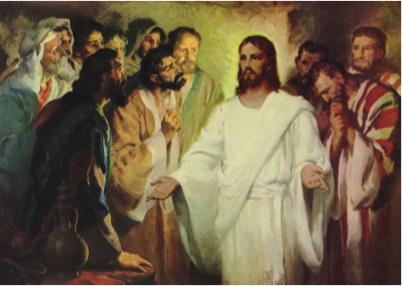
Before
you read any further, take out your Bible and read John 11:1-45. (The Bible is
that thick book covered in dust that you may be using as a coaster!). Read it?
Good. It is this Sunday’s gospel reading of the raising of Lazarus. One
question arising from that story that still prompts much debate is: Was Lazarus
resuscitated or resurrected by Jesus?
Some
say he was clearly resuscitated, not resurrected. His physical life was
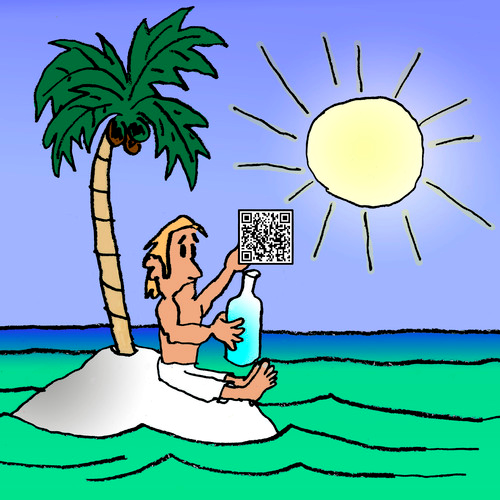
In 1624, English poet and clergyman,
John Donne (1572-1631) coined the expression, “no man is an island.” Yet, as we
sequester ourselves in our homes and remain two metres apart in public, many of
us are beginning to feel like little, isolated islands. I happened to cough in the grocery store the
other day, and five people gave me dirty looks. (I’m used to dirty looks but
not that many at the one time!) It was a
little taste …

Ahoy, dear parishioners, we are living in a very
different and almost surreal moment of history. So much of our personal and collective
routines, both as Church and within the greater society, have been upended by
something that cannot be seen with the naked eye. How could something so small
cause such catastrophic effects throughout the entire world? I do not know. But what I am reminded of, as
we all hunker down, is how fragile and vulnerable and …
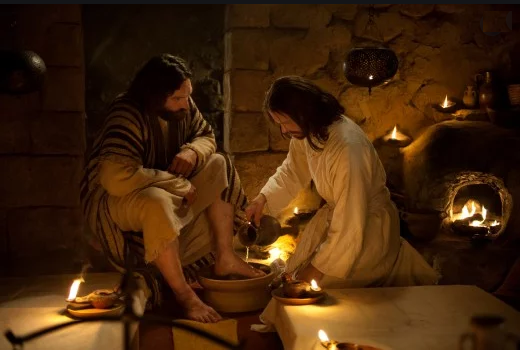
When the new Roman Missal (big, red book the priest prays from during
Mass) was brought into effect on the first Sunday of Advent 2011, it brought
about a major shift in language. If you have ever participated at a Mass I presided
at, you may not have noticed much of a change. Why? Let me explain. The new
Missal is full of language like: oblation, sanctify, exultant majesty, homage,
expiation, consubstantial, virtues of heaven, beseech, etc. (If I …
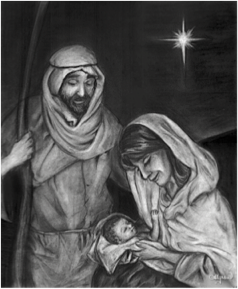
You may have noticed, or you will notice as you compare this Sunday’s
gospel account with next Sunday’s, that the readings do not follow one another
chronologically. In fact, they are in reverse. This Sunday’s gospel begins with
“After the wise men left…” (Mt. 2:13 and following), but next
Sunday’s gospel is about the arrival of the wise men (Mt.
2:1-12). I don’t know the entire reason historically or liturgically for this
cart-before-the-horse reordering except to offer the following. …
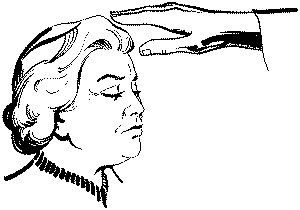
You will not get very far into any of the four gospels before you
inevitably bump in a story of Jesus showing concern for the sick. When Jesus
personally wasn’t anointing and healing the sick, he was delegating his
apostles to do so in God’s name. In the course of time, the focus of the
sacrament of the Anointing of the Sick shifted from healing to the forgiveness
of sins. And the time for receiving the sacrament was delayed …
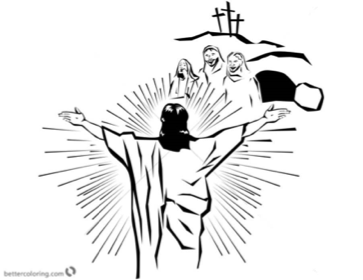
Central to all the beliefs we hold to as Roman Catholic Christians is that Jesus, once dead, is alive forever, and that the “new life” he offers liberates us forever from evil, sin and death. This new life, this salvation, is meant for all peoples of the earth.
This central truth is proclaimed by the Church particularly during these 50 days of Easter. Moreover, it’s meant to be proclaimed by each of us every day of the year by the …
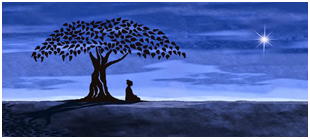
There’s a Buddhist parable that runs something like this: One day as the Buddha was sitting under a tree, a young, trim soldier walked by, looked at the Buddha, noticed his weight and his fat, and said: “You look like a pig!” The Buddha looked up calmly at the soldier and said: “And you look like God!” Taken aback by the comment, the soldier asked the Buddha: “Why do you say that I look like God?” The Buddha replied, …
We have just come through one of the two peak seasons in the Church, the Christmas season, and probably feel we are coming down the mountain into a quieter, less-intense time. In seven weeks, we will begin another ascent toward that other peak season–the Season of Easter. What always remains, throughout the entire liturgical year, peak season or not, is the closeness of the Lord.
From the start of his life we are told the Lord’s name: Emmanuel (God-with-us). …